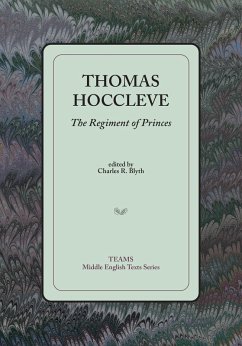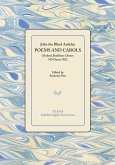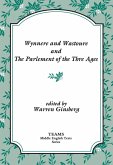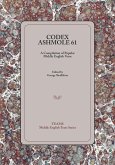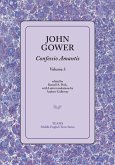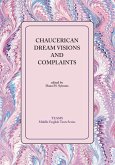Thomas Hoccleve was born in 1367 and entered government service as clerk in the office of the Privy Seal in 1387, an office that he held until his death in 1426. His earliest datable poem (the Epistle of Cupid, a free translation of Christine de Pisan's Epistre au Dieu d'Amour) was completed about 1402. The Regiment of Princes, written about 1410-11, was composed at a time when England was still feeling the consequences of the deposition of Richard II. Essentially it is addressed to a prince on the subject of his governance, but it exhibits considerable generic instability and thus raises fundamental questions about how we should understand the tone of considerable portions of the poem. For all the problems it presents, The Regiment shows that Hoccleve has strengths as a poet. At times he could be a very talented prosodist. In autobiographical sections of the poem he creates a most interesting early-modern subjectivity. He has distinctive observations to make about his time, and, in his self-critical awareness, probes the limits of what is means to be a poet writing in the wake of Chaucer.
Dieser Download kann aus rechtlichen Gründen nur mit Rechnungsadresse in A, B, BG, CY, CZ, D, DK, EW, E, FIN, F, GR, HR, H, IRL, I, LT, L, LR, M, NL, PL, P, R, S, SLO, SK ausgeliefert werden.

